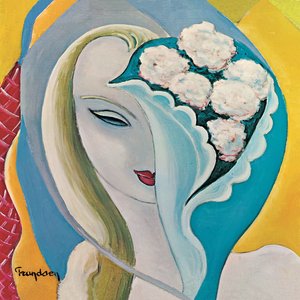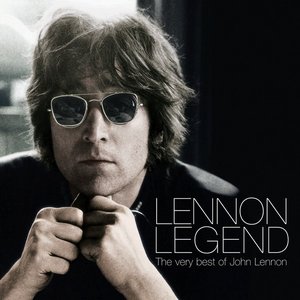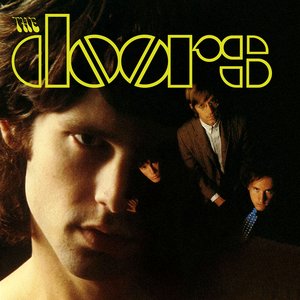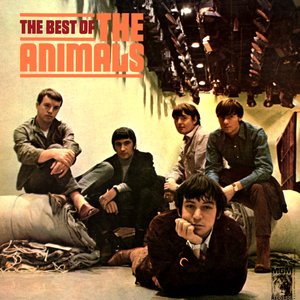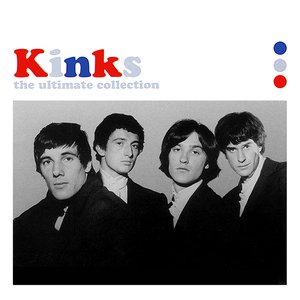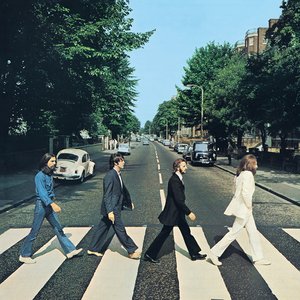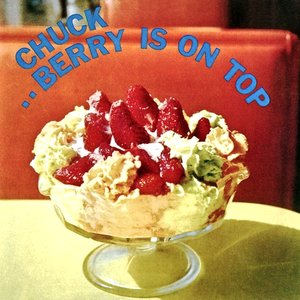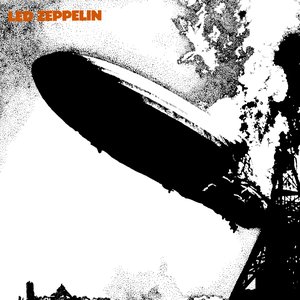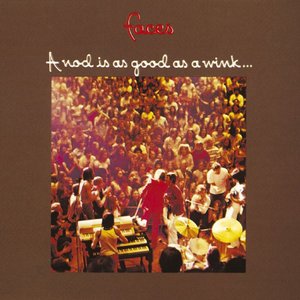Wiki
-
Release Date
1 November 1968
-
Length
10 tracks
Beggars Banquet is the seventh studio album by the English rock band The Rolling Stones. It was released by Decca Records in the United Kingdom and London Records in the United States in December 1968. It marked a return to the band's R&B roots, generally viewed as more primal than the conspicuous psychedelia of Their Satanic Majesties Request.
In 2003, the album was ranked number 57 on Rolling Stone magazine's list of the 500 greatest albums of all time. In the same year the TV network VH1 named Beggars Banquet the 67th greatest album of all time. The album is also featured in the book 1001 Albums You Must Hear Before You Die.
Beggars Banquet was Brian Jones's last full effort with the Rolling Stones. In addition to his slide guitar on "No Expectations", he played harmonica on "Dear Doctor", "Parachute Woman" (along with Mick Jagger) and "Prodigal Son"; sitar and tambura on "Street Fighting Man"; mellotron on "Stray Cat Blues" and possibly backing vocals on "Sympathy for the Devil".
By June 1968, the sessions were nearly completed in England, with some final overdubbing and mixing to be done in Los Angeles during July. However, both Decca Records in England and London Records in the US rejected the planned cover design - a graffiti-covered lavatory wall. The band initially refused to change the cover, resulting in several months' delay in the release of the album. By November, however, the Rolling Stones gave in, allowing the album to be released in December with a simple white cover imitating an invitation card. (The letters R.S.V.P. that appear on this version of the cover are an abbreviation of the French phrase répondez, s'il vous plaît, which means "please respond".) The idea of a plain album cover was also implemented by The Beatles for their eponymous white-sleeved double-album, which was released one month prior to Beggars Banquet. This similarity, coupled with Beggars Banquet's later release, garnered the Rolling Stones accusations of imitating the Beatles. In 1984, the original cover art was released with the initial CD remastering of Beggars Banquet.
Album descriptions on Last.fm are editable by everyone. Feel free to contribute!
All user-contributed text on this page is available under the Creative Commons Attribution-ShareAlike License; additional terms may apply.


